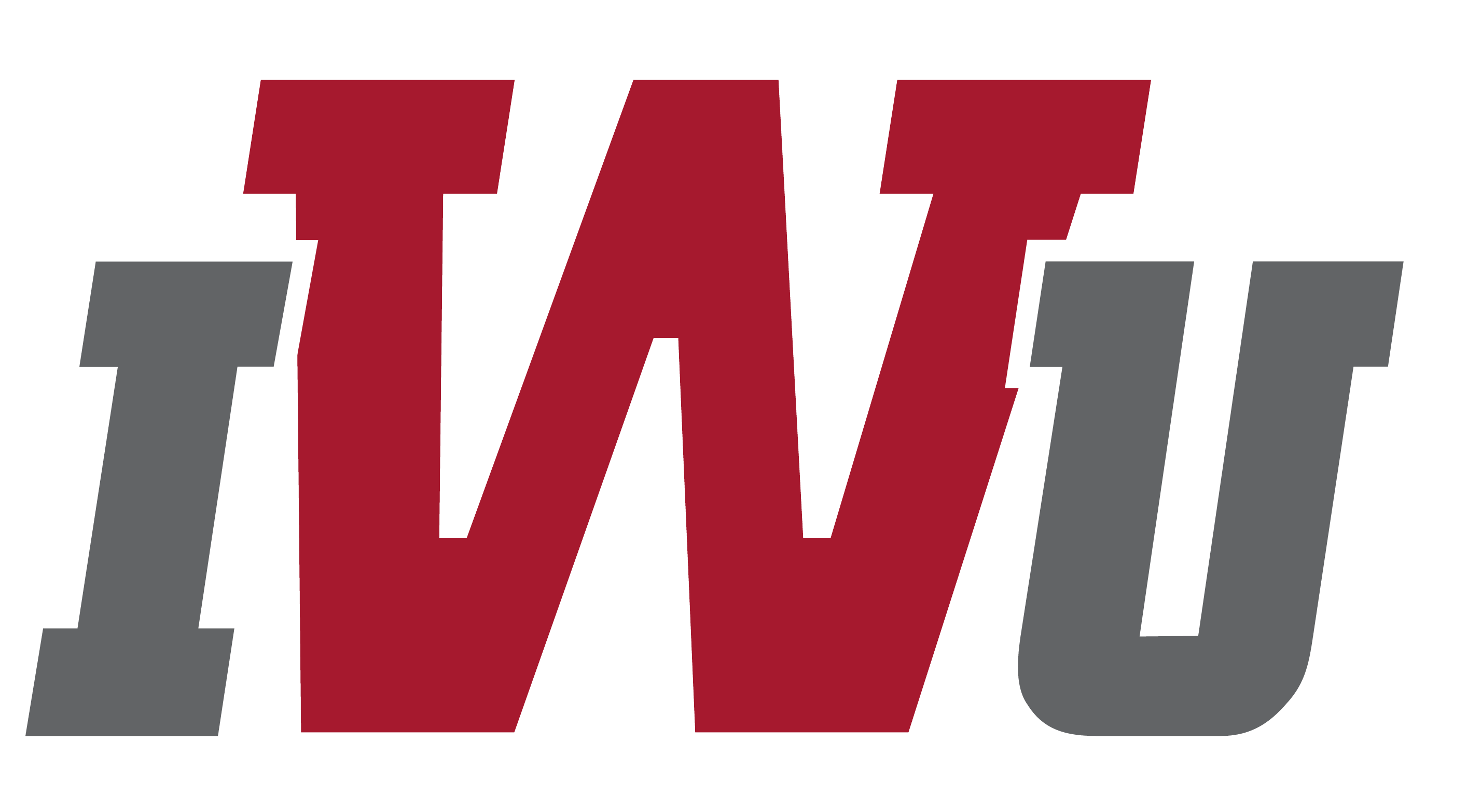 MS in Early Childhood Education Online
Next Start |
Request Info
Apply Now
MS in Early Childhood Education Online
Next Start |
Request Info
Apply Now
If you want to channel your love for teaching into a rewarding career as an early childhood education teacher, discover this MS in Early Childhood Education online program at Indiana Wesleyan University. Upon completion, you can have the skills to provide our youngest learners with an effective education during their most formative years. Plus, we lock in the rate of your tuition as soon as you start the program. This eliminates the stress of cost increases as you earn your master’s degree in early childhood education.
Why Pursue My M.S. in Early Childhood Education at IWU?
There are several benefits to the MS in Early Childhood Education online program at IWU. We offer online students flexible, accredited programs and supportive student services. We provide tech support, tutoring, and full-time chaplains to all our students. Courses are delivered through innovative, interactive learning technology, and taught by experienced faculty who offer 1:1 support for every student. Our Christian faculty teach from the same biblical worldview valued on our campus, so that students can implement these principles in a fulfilling career. In other words, we offer the same quality of education online that students expect from a campus-based experience.
What Will I Learn in This MS in Early Childhood Education Program?
The MS in Early Childhood Education online curriculum can teach you the skills to help young students thrive through effective teaching methods. Curriculum includes experience working with younger students in classroom settings. Throughout the program, you will be guided and mentored by faculty with experience in early childhood teaching. Course topics include early childhood advocacy, foundations in early childhood development, classroom action research tools, and more.
What Makes IWU Different?
IWU has provided education for more than 100 years.
Christ-centered support, resources, and services to online students, staff and faculty.
Discover online student resources to help along your journey.
Financial aid is available in the form of grants, loans, scholarships, veterans’ benefits, and employer reimbursement.
The curriculum for this MS in Early Childhood Education online program covers how to:

These courses contain the program-specific knowledge. Upon completion, you should have the tools to conquer your new career with confidence. For a full list of courses required to complete your degree, please visit the course catalog. Click on a course below to view the description.
EDUT-514,EDUT-524,EDUT-532,EDUT-534,EDUT-544,ECED-555,EDUC-510,EDUC-520,EDUC-530,EDUC-600,EDUC-630

All applicants must have:
NOTE: Applicants should be aware that Indiana State Legislation has mandated that expanded background checks are required for those working with students in Indiana schools. Applicants will also be required to adhere to any additional State Mandates required for educators. Though candidates will be required to submit an initial background check that is acceptable to the university as a part of their application materials, that successful background report will only serve to gain admittance to that academic program. School corporations are governed by a locally elected Board of Trustees who set policy for their school corporation. All accepted candidates should understand that additional background checks at the candidate’s expense will most likely be required by school corporations and early childcare facilities before participating in clinical experiences.
NOTE: Applicants need to be prepared to have vaccination records on hand, if requested by an outside facility, to prevent delay of any required Field Experiences. Since this is an “outside” of IWU request, it will be up to the student to be prepared.

Indiana Wesleyan University is accredited by The Higher Learning Commission (HLC), www.hlcommission.org, 312-263-0456. Other accreditations and associations of Indiana Wesleyan University are available at www.indwes.edu/about/iwu-profile/accreditation.